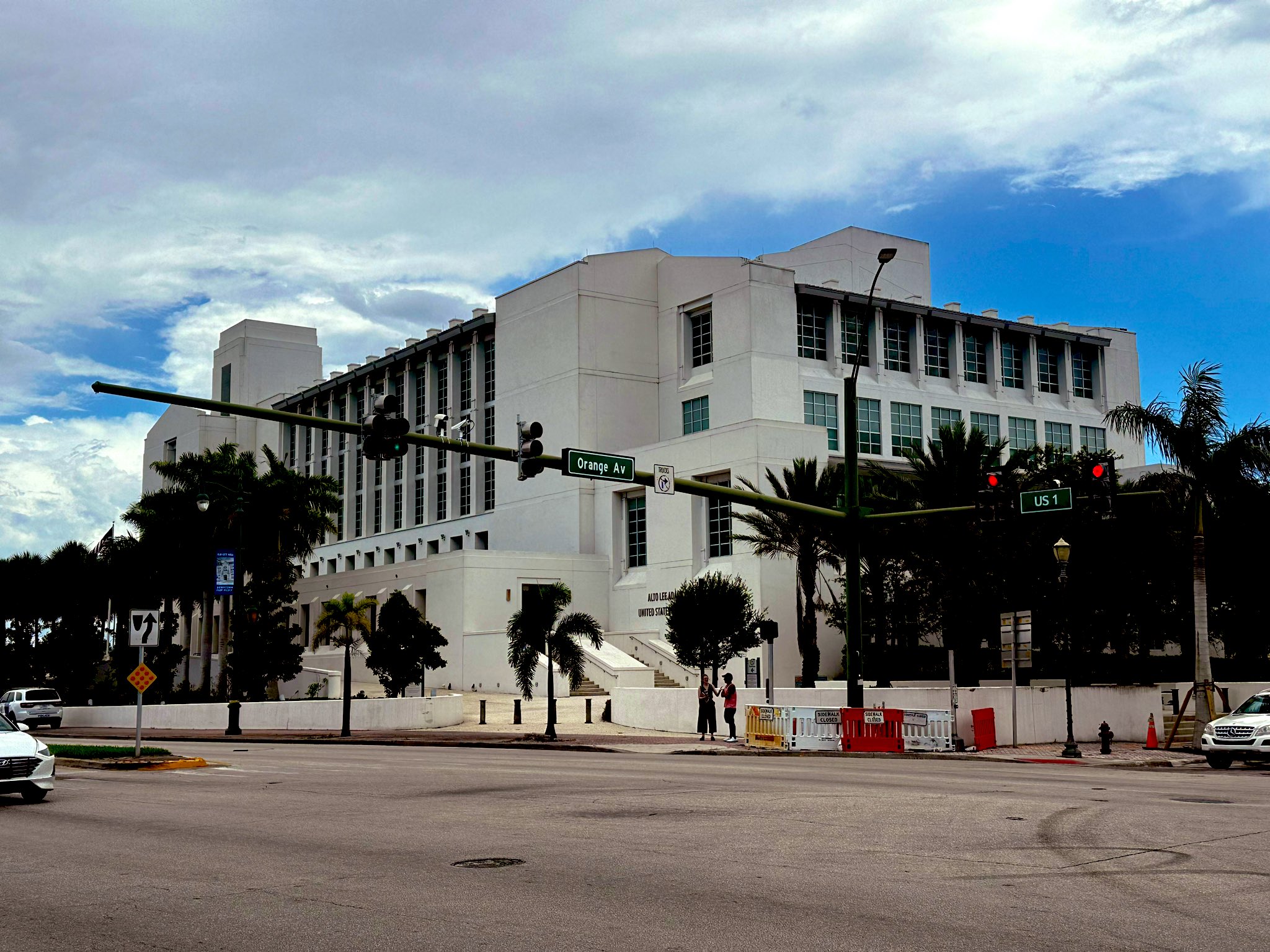More Thoughts on FEMA, Sandy, and the New York Times
I guess the NY Times op-ed has me a bit worked up. So I went and did a bit more digging around on the basic question of whether or not Big Storms Require Big Government. Here's what I learned today. First, and foremost, everyone, including FEMA is fully engaged by the storm. But the Federal capacity is, as I said, limited. This is what FEMA has posted on their
Published by The Lawfare Institute
in Cooperation With

I guess the NY Times op-ed has me a bit worked up. So I went and did a bit more digging around on the basic question of whether or not Big Storms Require Big Government. Here's what I learned today. First, and foremost, everyone, including FEMA is fully engaged by the storm. But the Federal capacity is, as I said, limited. This is what FEMA has posted on their Facebook page regarding their response:
FEMA Sandy Response Update- Currently, more than 1,500 FEMA personnel are positioned along the East Coast working to support disaster preparedness and response operations, including search and rescue, situational awareness, communications and logistical support. Here are some details about our staff’s support:• 28 teams comprised of 294 FEMA Corps members are pre-staged to support Sandy. • Seven federal urban search and rescue task forces have been activated and are deploying in the Mid-Atlantic as needed and requested. • 14 Incident Management Assistance Teams • 12 liaison officers are positioned in state emergency operations centers along the East Coast supporting preparedness activities and ensure there are no unmet needs. • 10 Disability Integration Advisors supporting emergency management in ten states on current alert and warning, evacuation and sheltering needs and preparing for potential post-storm operations.
This is an immense and admirably effort. But note how limited it is. FEMA is basically "all in" with 1,500 staff deployed. This to help with and coordinate the response for an area that stretches from Virginia to Maine, that has more than 50 million people effected, and has (last I heard) more than 3 million without power and more than 120 dead. No matter how engaged and effective FEMA is, it simply cannot be the first responder of choice to disaster.
Second, when I made the point that first response is local, I had forgotten that FEMA Administrator Fugate agrees. He created the 'Whole Community Initiative' which is designed to bring people from the local community (who may one day be survivors themselves or the first to actually respond), the private sector and public safety together in innovative ways to confront disasters. Of course, FEMA is at the table as a convener and coordinator but not to lead emergency response.
I also did some research on the NY Times claim that there has been a 43% reduction in FEMA grants to the States over the last two years. True, as far as it goes, but it has occurred not only because of shrinking budgets but because FEMA leadership couldn't adequately respond to Congress when asked: "What has $30+ Billion in Preparedness Grants Gotten Us at the State and Local Levels?" I think it is fair to say that Deputy Administrator Manning had some difficulty answering this question in recent hearings before the House Emergency Preparedness and Response Subcommittee. Past GAO reports on the effectiveness of Preparedness Grants have shown ridiculous purchases by state and local governments. This is NOT to say that all such grants are a waste or nonsensical -- far from it. But it is to say that grant money is not the "be-all and end-all" of preparedness.
Finally, to return to a theme I mentioned before, it just strikes me as utterly distasteful for the Times to use a tragedy like Hurricane Sandy as a platform for partisan sniping. For the Times to assert that Republicans don't want to help poor people during response ("Many don’t like the idea of free aid for poor people, or they think people should pay for their bad decisions, which this week includes living on the East Coast.") is downright ludicrous and offensive. People of all political beliefs are first responders, survivors, our neighbors, and our family, during disasters. This claim is as corrosive of civility as it is insipid.
Paul Rosenzweig is the founder of Red Branch Consulting PLLC, a homeland security consulting company and a Senior Advisor to The Chertoff Group. Mr. Rosenzweig formerly served as Deputy Assistant Secretary for Policy in the Department of Homeland Security. He is a Professorial Lecturer in Law at George Washington University, a Senior Fellow in the Tech, Law & Security program at American University, and a Board Member of the Journal of National Security Law and Policy.




